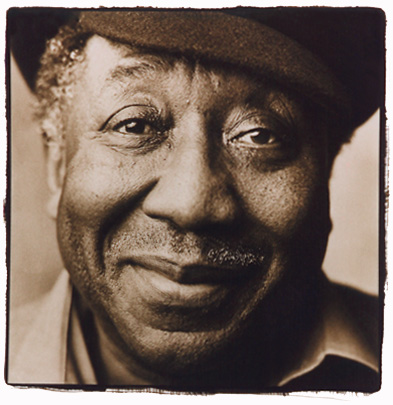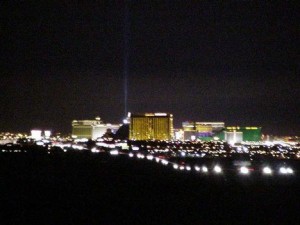Listen to this poem using the player above.
This is poem #18 for the November Poem-A-Day challenge. Today’s prompt was to write a “lost and found” poem. I decided to use that as the title as well as the inspiration. I posted an audio version of this one, too. That’s something I haven’t done in a while.

Lost and found
I’m not sure how many more times I can rewrite this poem
you were there, then you weren’t
then you were there again, then I wasn’t
then we were both there, but you came only part of the way
into the room
Stevie Wonder has been playing on my stereo all day
the good records, from the period when he had harnessed
all the music in the universe and pressed it onto wax
I dance while doing the dishes, dance while sweeping the floor
my hummingbird heart singing fragments of lost songs
for years my stomach hurt
it hurt every day, often most of the day
doctors put tubes and cameras and chemicals in there
trying to get to the cause
only to discover (years later)
that they were looking at the wrong organ
today my stomach doesn’t hurt, it just vibrates
like a train is running through it
like my spine is wired to the grid
I send out my messengers with their instructions
most never return, or they bring back indifferent tidings
I can hear the distant sounds of warfare
will you come back to me? can you?
is “back” even the right word?
you should have cut down that tree years ago, you told me
before the roots got under the house and cracked the foundation
and its branches threw the bedroom into shadow
now my axe is sharpened
I am standing in the yard
on a cold November night
I await your command
kiss me, and I will swing the blade














